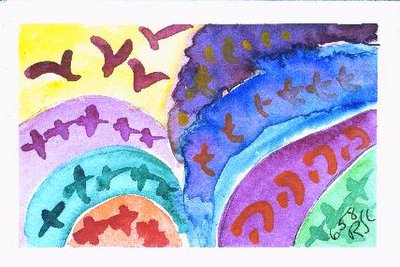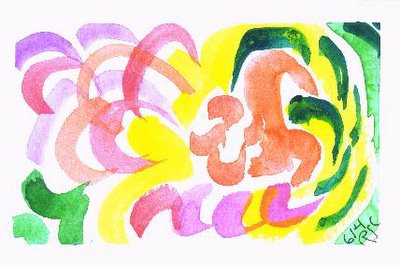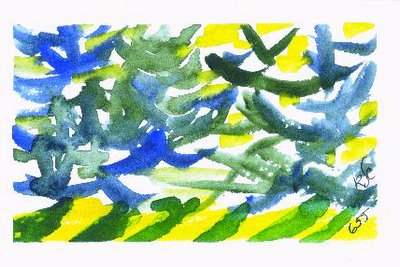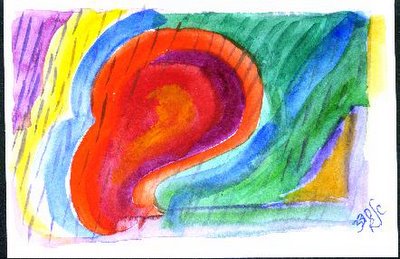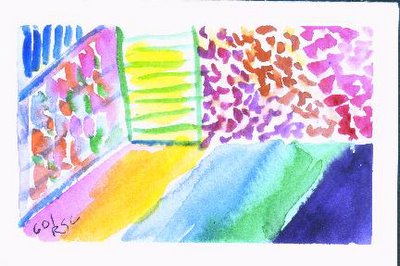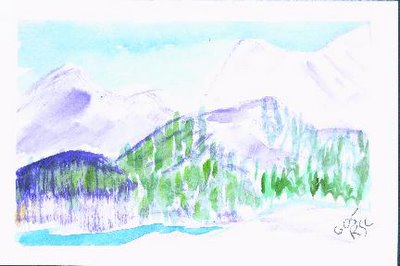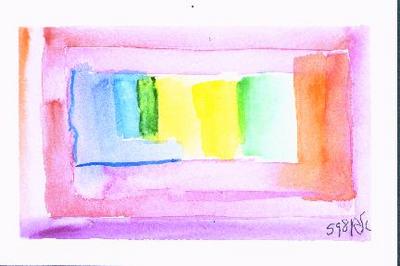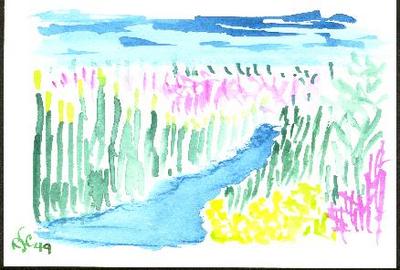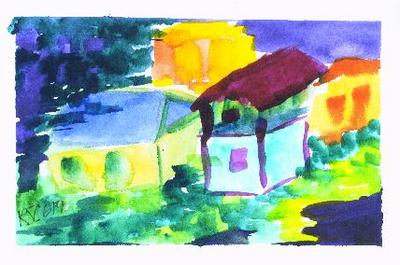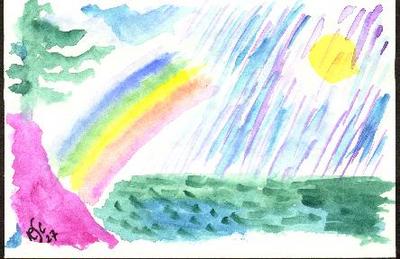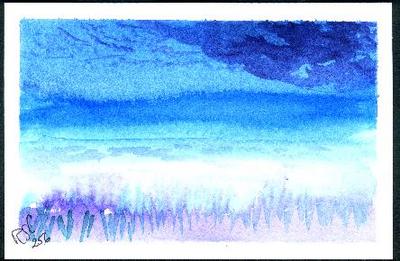
American Life in PoetryColumn 039
BY TED KOOSER, U.S. POET LAUREATE
Many of us keep journals, but while doing so
few of us pay much attention to selecting
the most precise words, to determining
their most effective order, to working
with effective pauses and breath-like pacing,
to presenting an engaging impression of a single,
unique day. This poem by Nebraskan Nancy McCleery
is a good example of one poet's carefully recorded
observations.
December Notes
The backyard is one white sheet
Where we read in the bird tracks
The songs we hear. Delicate
Sparrow, heavier cardinal,
Filigree threads of chickadee.
And wing patterns where one flew
Low, then up and away, gone
To the woods but calling out
Clearly its bright epigrams.
More snow promised for tonight.
The postal van is stalled
In the road again, the mail
Will be late and any good news
Will reach us by hand.
Reprinted from "Girl Talk," The Backwaters Press,
2002, by permission of the author. Copyright (c)
1994 by Nancy McCleery. This weekly column
is supported by The Poetry Foundation,
The Library of Congress, and the Department
of English at the University of Nebraska, Lincoln.
This column does not accept unsolicited poetry.
******************************




